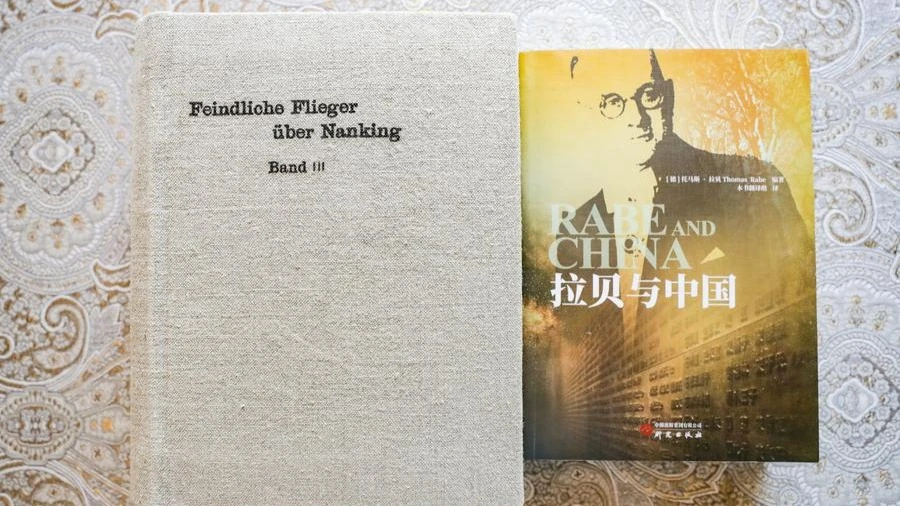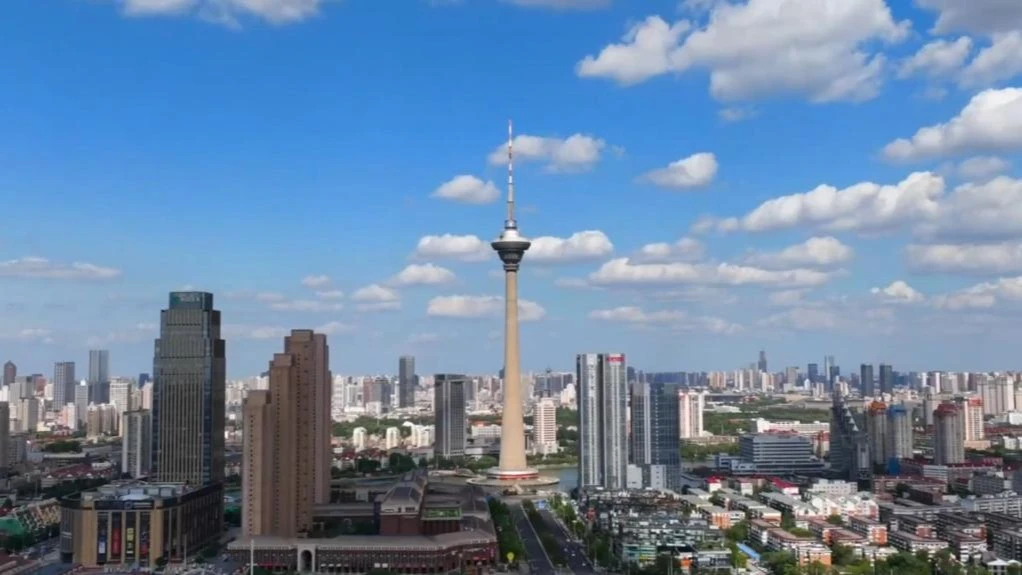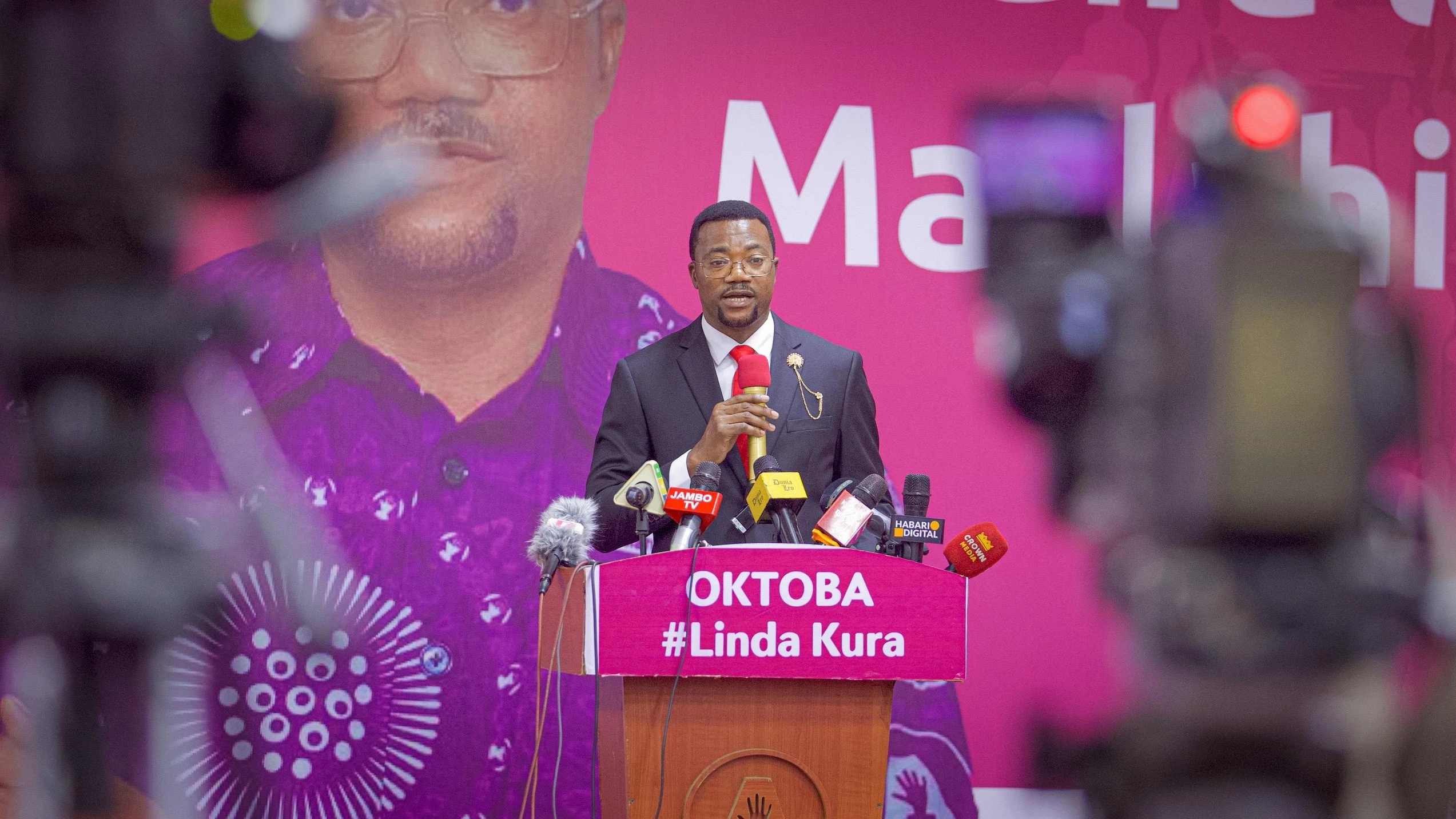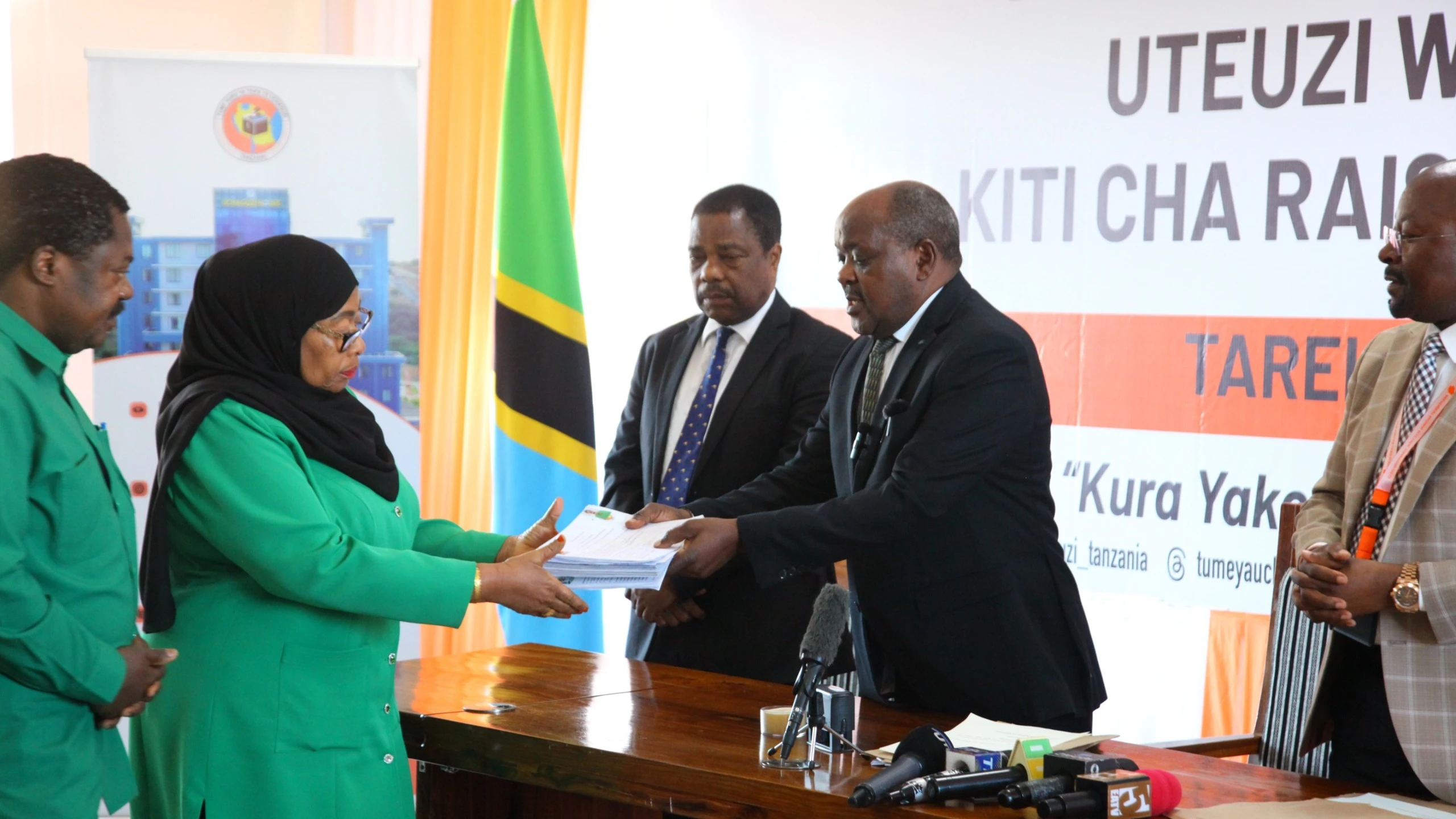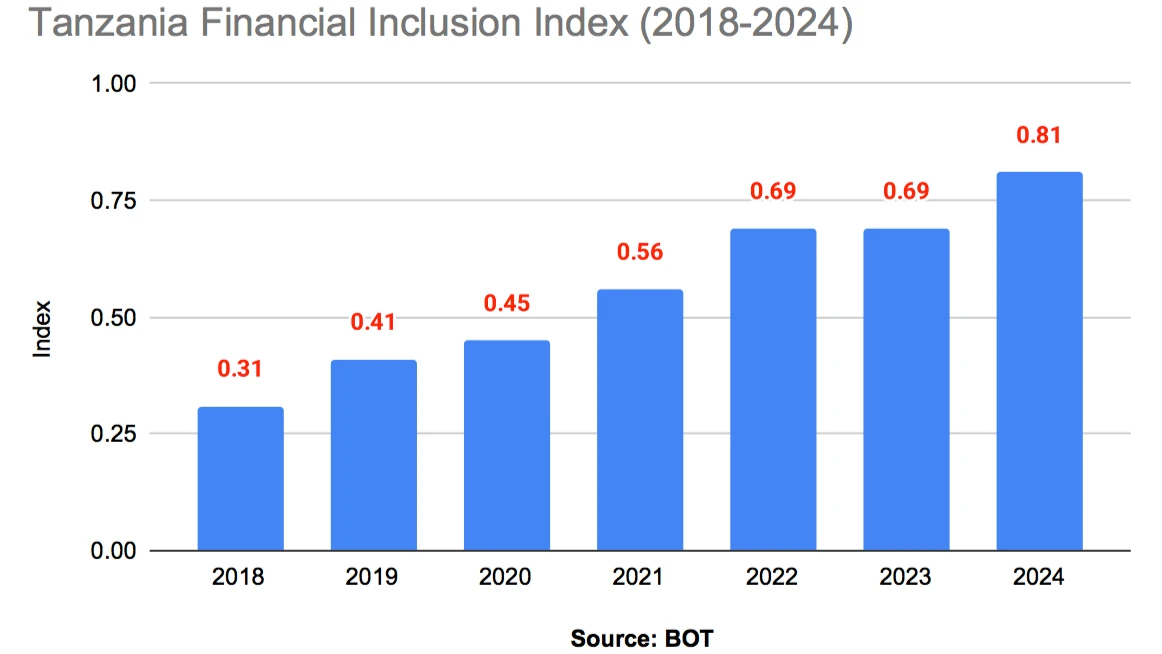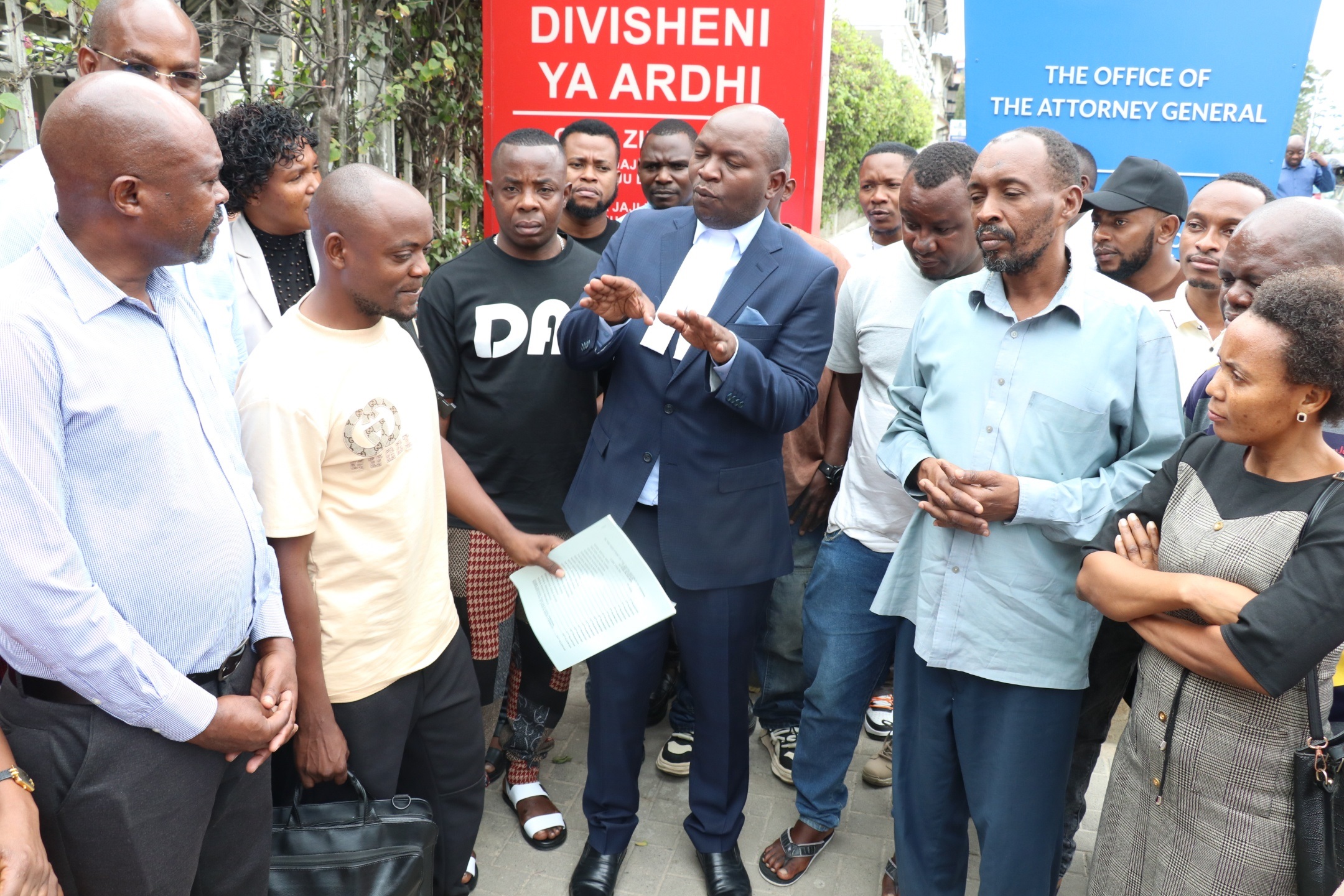The High Court of Tanzania’s Commercial Division is key to economic growth, justice
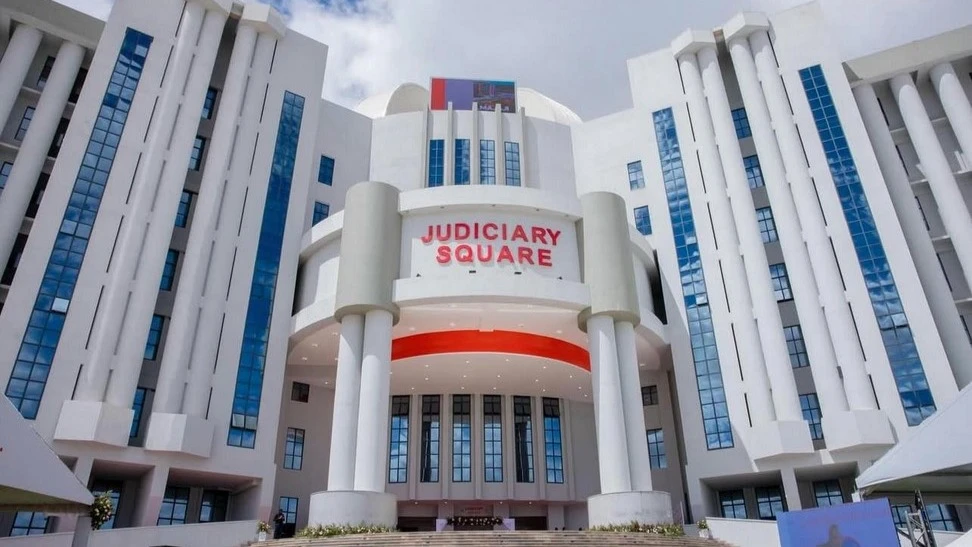
IN an economy marked by fast-paced changes and rising investment ambitions, access to swift, fair justice is no longer a luxury, it’s a necessity.
For Tanzania to maintain economic momentum, the ability to resolve commercial disputes quickly and fairly is crucial.
That’s where the Commercial Division of the High Court steps in—not just as a legal mechanism, but as a powerful driver of national prosperity. The Commercial Division focuses on resolving commercial disputes. It handles cases related to trade, business contracts, corporate matters and other commercial transactions.
Established in September 1999 amid a wave of economic liberalization, the Commercial Division aims to provide expertise in complex commercial litigation as well as fostering a favourable environment for business operations
As trade expands and investments grew, so too did disputes, some involving large sums of money and complex contracts. Unresolved commercial disputes can undermine economic growth by disrupting the environment that investors need for confidence, security, and long-term planning.
Investors want predictable environments. Disputes create uncertainty, making businesses fear sudden policy shifts, violence or regime changes. This instability increases perceived risk, leading to capital flight and reduced Foreign Direct Investment (FDI).
International investors shift capital to countries with more stable investment climates, depriving conflict-affected economies of needed funds.
In response, the division was created as a specialized platform to handle commercial cases with speed, professionalism, and focus.
According to Assistant Registrar of the High Court of Tanzania’s Commercial Division, Kelvin Ndomba the court plays a transformative role in Tanzania’s economic stability.
Among the cases heard are those concerning commercial contracts such as loans between banks and individuals or companies, insurance contracts and company disputes under the Companies Act of 2002.
The Court also deals with disputes related to shares, company management and insolvency, as well as the registration and enforcement of various commercial awards, which often arise from arbitration. The Court is used to formally recognize such awards so they can be enforced with the legal power of a court judgment.
Procedure for filing, hearing cases
Anyone wishing to file a case follows the normal procedure of submitting a plaint.
Ndomba said the High Court’s, Commercial Division has its own specific rules established in 2012 and amended in 2019, which guide the entire hearing process of such cases.
He explains that after a case is filed, the parties are required to submit their written responses. The next stage is mediation, where a mediator helps both parties to voluntarily reach an agreement without issuing a judgment. If mediation fails, the case is referred back to a judge for hearing.
Unlike ordinary cases where witnesses testify orally in court, the Commercial Division relies mainly on written evidence. A witness submits their testimony in writing before the hearing, and during trial, they simply request the court to admit that testimony as part of their evidence. This significantly reduces the time needed to hear cases.
Mediation as an alternative dispute resolution mechanism
Ndomba explains that mediation is one of the key dispute resolution mechanisms used by the High Court, Commercial Division.
A mediator helps disputing parties reach an agreement without issuing a ruling. The outcome of mediation is a special award that is filed in court for legal recognition. He points out that the advantage of mediation is that it speeds up the resolution of disputes in a peaceful and cost-effective manner.
Its importance to the economy
Explaining the benefits of the Commercial Division, Ndomba says it makes a significant contribution to strengthening economic activities, since most cases filed involve large sums of money.
“Cases brought before this Court usually involve huge sums of money—trillions of shillings. Therefore, swift decisions help remove economic bottlenecks by allowing those funds to return into circulation, enabling investors to continue with production activities.”
The Court has a maximum statutory timeframe of 10 months to conclude cases from the time they are filed, which reduces delays in justice and attracts investors by providing assurance of a business-friendly legal environment.
Despite these successes, Ndomba acknowledges some challenges, noting that certain mediation agreements fail to be fully implemented, particularly when parties cannot meet the financial obligations they agreed upon.
However, most of the cases that go through mediation end successfully.
Public education
Ndomba says they have been providing education through various platforms, including the media and trade exhibitions, notably the Dar es Salaam International Trade Fair (DITF).
He notes that during the 2025 DITF, the Court carried out awareness activities for members of the public who visited their booth. The goal was to ensure the public, especially business people and investors, understand that they have a safe venue to take their commercial disputes and have them resolved promptly.
The Commercial Division of the High Court of Tanzania is a crucial pillar of Tanzania’s justice system. By delivering timely justice, facilitating the circulation of capital, and helping investors resolve disputes; it plays a major role in strengthening the national economy.
It is the responsibility of every citizen, especially business stakeholders, to understand the existence and functions of this Court and use it appropriately for the benefit of individuals and the nation as a whole.
Top Headlines
© 2025 IPPMEDIA.COM. ALL RIGHTS RESERVED











